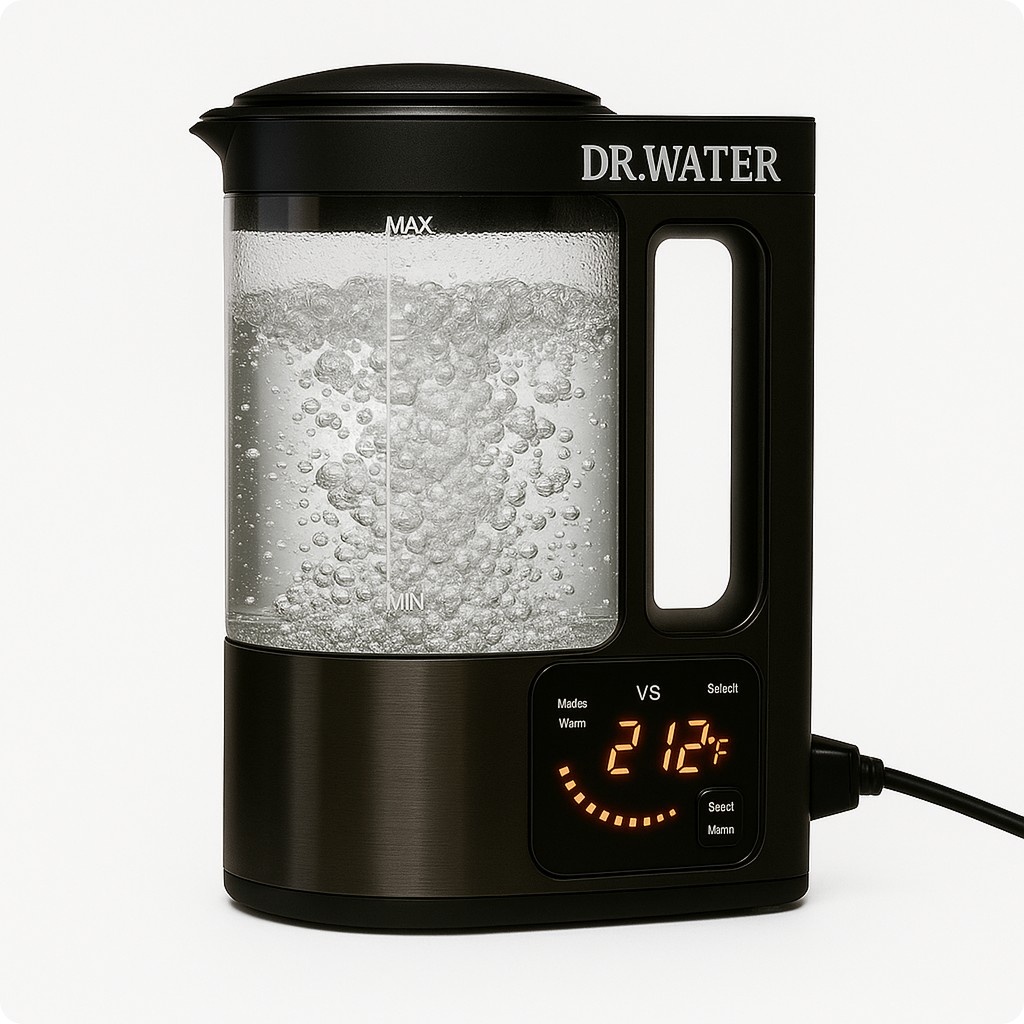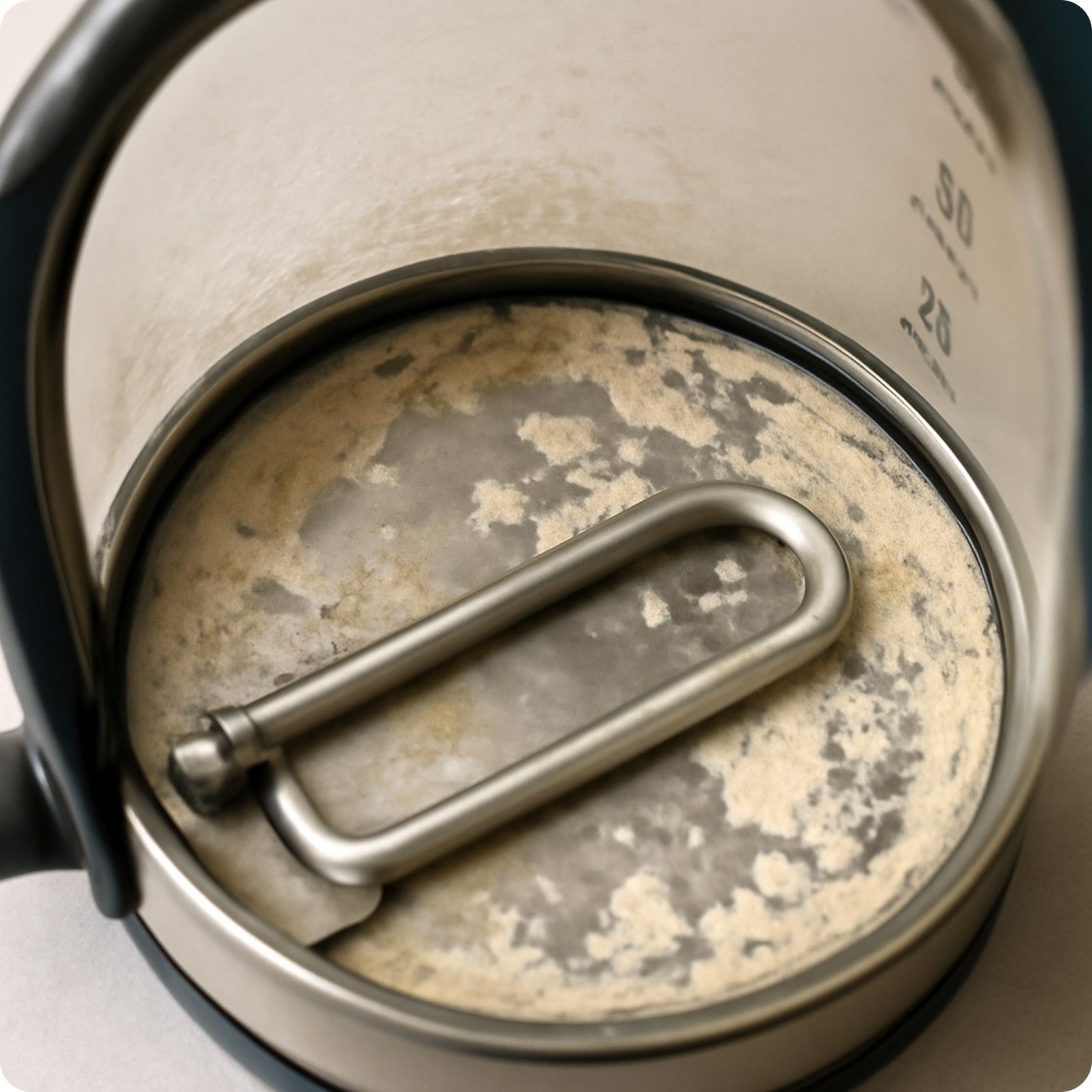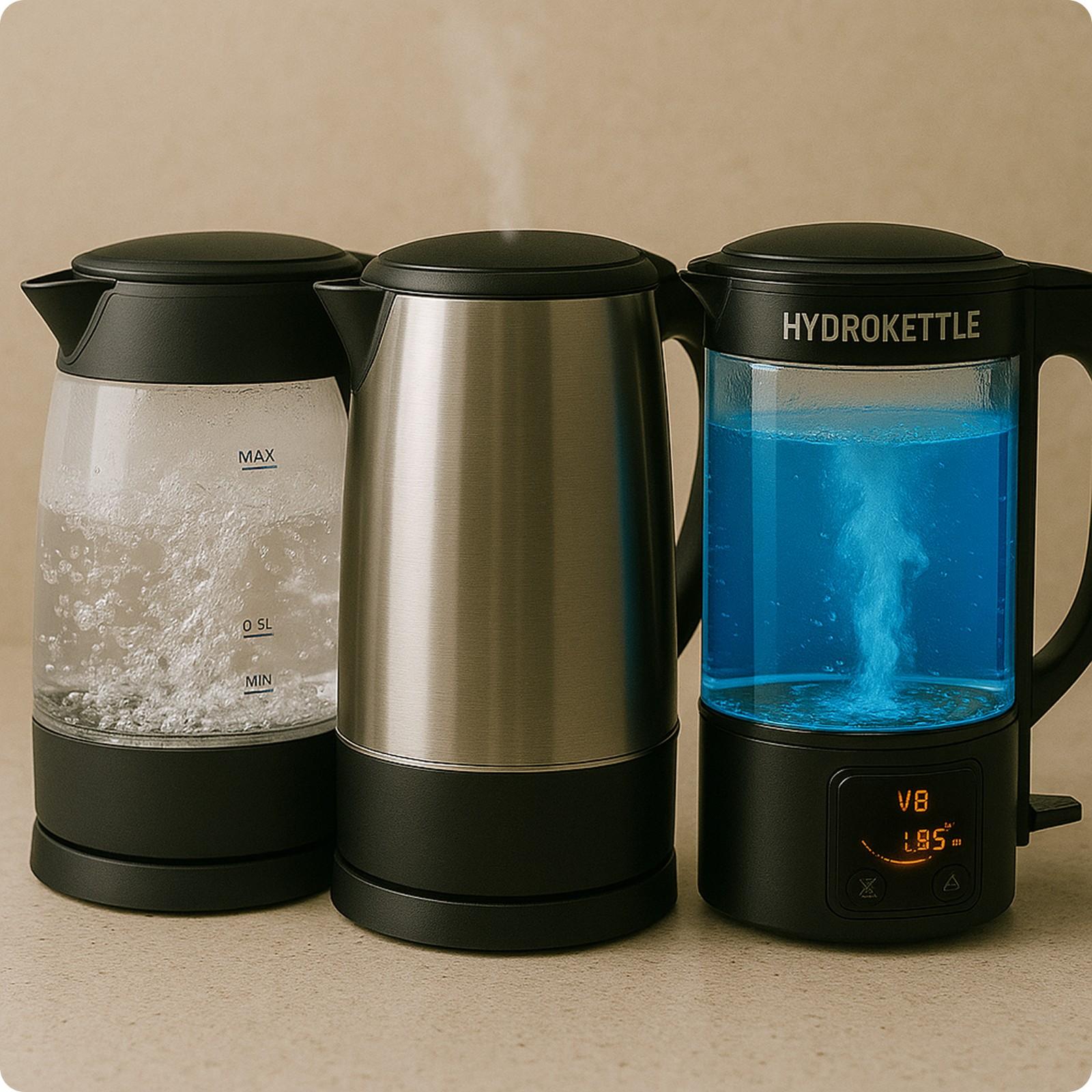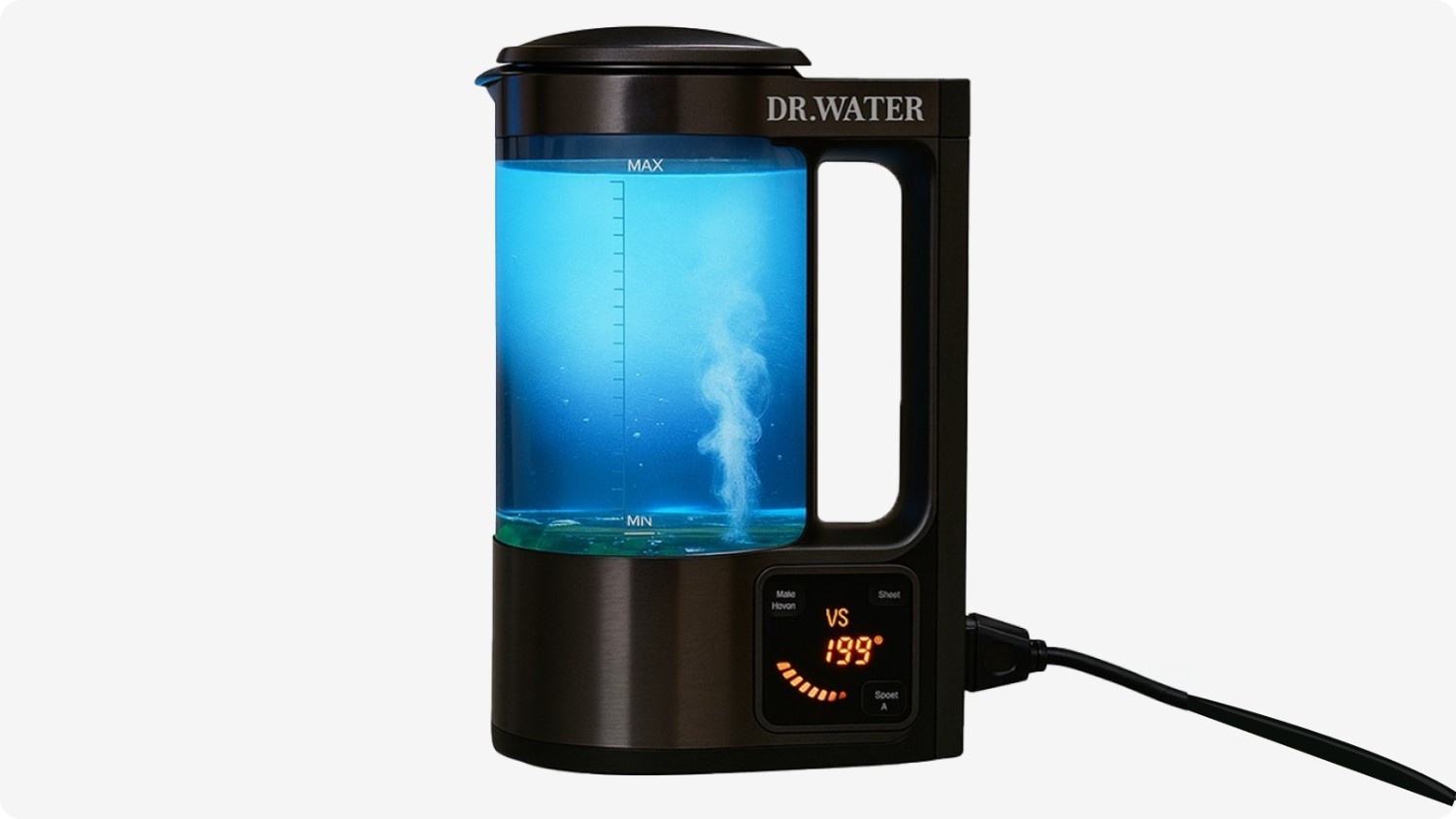
Is Kettle Water Safe to Drink? Here's What You Should Know
Summary
|
We’ve all done it, boiled water in the kettle for tea, coffee, or just a cleaner-tasting glass of water. But it does beg the question: Is kettle water safe to drink? The answer isn’t a simple yes or no.
It depends on several factors, like your local water supply, the material of your kettle, how often you clean it, and how many times you reboil the water. Let’s break it down clearly so you can make the safest and healthiest choice.
Why Do People Worry About the Safety of Kettle Water?
Concerns around kettle water usually come from two common issues:
- Mineral scale buildup – Hard water leaves behind calcium and magnesium deposits over time, which can affect both taste and appearance.
- Reboiling water – There’s a theory that reboiling concentrates harmful substances like nitrates or heavy metals, though research hasn’t shown this to be a real health risk for most people.
Both are worth paying attention to, but neither means your kettle water is automatically unsafe. It really depends on your local water quality and how often you clean your kettle.
What Reboiling Water in a Kettle Really Does?
Reboiling water doesn’t automatically make it unsafe, but it can be a concern if your tap water already contains things like:
- Nitrates
- Heavy metals like lead or arsenic
- Fluoride or chlorine
When you boil water repeatedly, these substances don’t evaporate; they get left behind and can become more concentrated over time. That’s why it matters more in places where the tap water isn’t great to begin with.
If you’re using clean, filtered water, though, reboiling once or twice isn’t a big deal.
A simple rule of thumb: If you're unsure about your tap water, stick to filtered water and try not to reboil it more than once.
What’s That White Buildup in Your Kettle?
That chalky stuff you sometimes see inside your kettle? That’s limescale, a result of minerals (mainly calcium and magnesium) in hard water. It’s not harmful, but it can affect a few things:
- The taste of your water
- How efficiently does your kettle heat up
- The overall lifespan of the appliance
Limescale itself isn’t toxic, but if it builds up too much, it can trap other impurities over time. If you’re wondering whether your kettle water is still safe to drink, take a peek inside, if there’s a lot of scale, it’s probably time for a clean. Here’s a detailed guide on how you can clean your electric kettle.
What’s the Safest Material for Your Water Kettle?
When it comes to boiling water, the material your kettle is made from matters more than you might think. Older or low-quality plastic kettles can sometimes leach unwanted chemicals. like BPA. into your water, especially after repeated heating.
If you're aiming for safer, cleaner water, your best bets are:
- Stainless steel: Durable, heat-safe, and doesn’t react with water
- Borosilicate glass: Resistant to thermal shock and won’t leach anything into your water
Choosing a high-quality kettle made from safe materials is one of the easiest ways to avoid chemical contamination and keep your water as pure as possible.
Dr. Water’s HydroKettle: A Safer Way to Enjoy Warm, Hydrogen-Rich Water
If you want a cleaner, smarter way to heat water without the usual worries about scale or plastic leaching, Dr. Water’s HydroKettle offers a good upgrade.
Unlike traditional kettles, it doesn’t boil water, instead, it gently heats it to the ideal temperature while infusing it with molecular hydrogen for added health benefits. That means you're getting warm, antioxidant-rich water without the risks that come with repeated boiling or cheap materials.
Key features:
- Gently heats water — avoids boiling to preserve hydrogen concentration
- Molecular hydrogen infusion — for antioxidant benefits in every cup
- Made of high-quality borosilicate glass — no plastic aftertaste, easy to clean
- Self-cleaning function — reduces buildup and maintenance
It's a convenient, wellness-focused alternative to traditional kettles—especially if you're looking to prioritize both purity and hydration.
Simple Tips for Safer Kettle Water
- Use filtered or bottled water if your tap water isn’t the best
- Clean your kettle regularly, a weekly rinse with vinegar or citric acid helps prevent limescale
- Stick to glass or stainless steel kettles; avoid plastic unless it’s BPA-free and certified for heat
- Try not to reboil water repeatedly, especially if you’re unsure about water quality
- Check your local water report so you know what’s actually in your tap water
These small habits can go a long way in making sure your daily cup is as clean and safe as possible.
Conclusion
So, is kettle water safe to drink? Yes, if you use clean water, limit reboiling, and maintain your kettle properly. The issue isn’t the kettle itself, but how we use it. Opt for safer materials like glass or stainless steel, clean regularly, and monitor your water source.
Whether you stick with a traditional kettle or switch to a hybrid solution like the HydroKettle, being mindful of how your water is handled makes all the difference.
